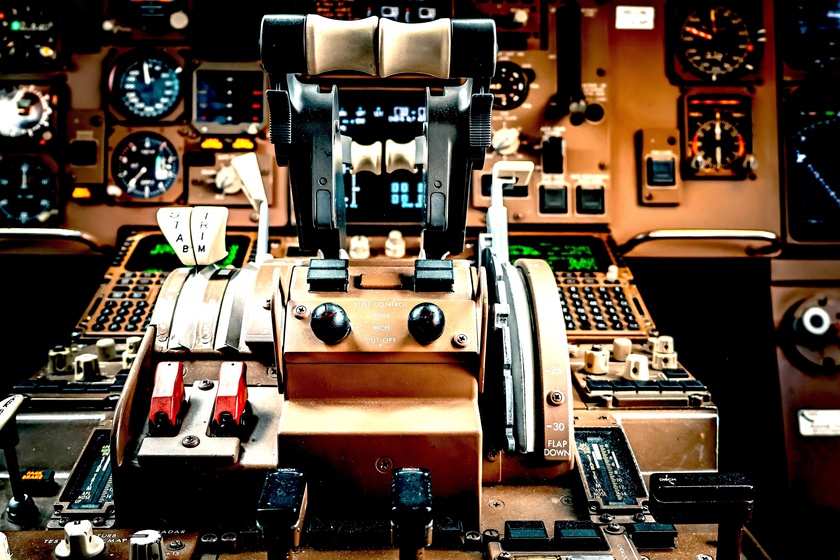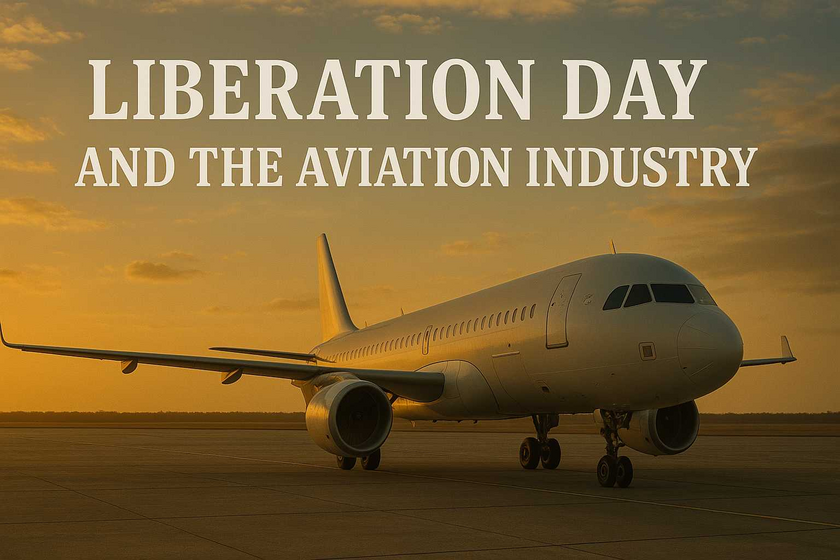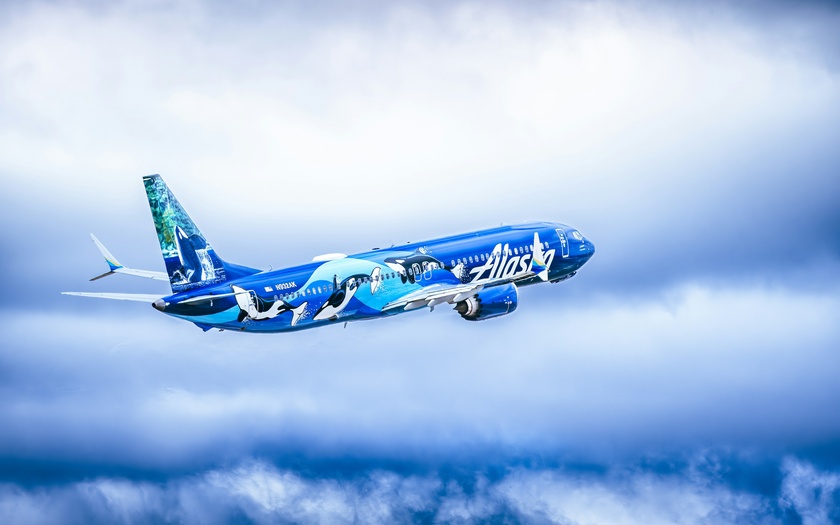
Is the traveling public aware that there is a quiet epidemic of pilot mental health problems?
Why this is important: For at least six decades, the career of the airline and corporate pilot has always been surrounded by a mystique of opulence and prestige. However, the work of these pilots can be quite demanding physically and mentally. There’s a quiet epidemic of deteriorating pilots’ mental health across the industry, and very few are talking about it. We ask, why is that? The review of a few key points could be instructive in this regard:
Being an airline or corporate pilot is very demanding, both mentally and physically.
While the pilot community is a close-knit one, it is paradoxically very competitive with a motif of masculinity.
The public might not be too keen on learning about the mental health issues of pilots, and those who know might not be keen on sharing.
Get Involved: Do you believe it’s time we become more open about pilots’ mental health? Why or why not? Please share your thoughts in the comments below.
Being a professional pilot is physically and mentally demanding.
As a pilot, the author once quipped to a friend. “If you take all the information a professional pilot needs to know from the start to becoming an airline pilot and print it on letter-size paper, it could fill up a stadium.” One might think this is an exaggeration, but we assure you, it is not! The amounts and levels of training and information assimilation from navigation, meteorology, regulation, biology, physics, mechanics, engineering, aircraft systems, and so much more that goes into being a pilot is staggering. It is important to note that we have not even mentioned flying an aircraft.
Putting all these things together makes for a mentally demanding profession that less than 0.1% of the world is engaged in and only a fraction of the world's population has the attitude and temperament to deal with. Nonetheless, for those who have become professional pilots, it takes a significant toll on their mental state, and it requires constant rejuvenation to stay mentally balanced. In our recent digest The New ‘Don’t Ask, Don’t Tell’. we shared a story of a major incident involving a jumpseat pilot, who is accused of deliberately trying to shut down an aircraft engine mid-flight.
On Aviation™ Note: It is worth highlighting that the vast majority of all professional pilots handle this demand very well. However, there is a fraction that quietly and secretly struggles.
Close-knitted, but competitive.
If you strike up a conversation with a pilot, the second thing they will tell you is probably that the community is a very close-knit community that is filled with support at the individual pilot level. You might be wondering what is the first thing they would have told you… That they are a pilot! 😆
Yet, even with a severe pilot shortage, the pilot profession is very competitive. This level of competition can leave very little room for errors or mistakes. On a side note, the profession, particularly for the airlines can be very hierarchical as well.
If a pilot believes that any weaknesses in their training, personality, or performance can hinder their job, or their ability to progress throughout their career, that pilot may not be as enthusiastic about sharing that weakness. This applies to mental health issues.
Another thing to take into consideration here is that the professional pilot community has always been one of a certain masculinity. There are plenty of female pilots, yet, the profession is still somewhat masculine. It could also be that this level of masculinity helps to prevent pilots – primarily males – from coming forward with issues about mental health.
On Aviation™ Note: We cannot say for sure how much masculinity plays a role here, however, we believe that it does play a role, though it’s one of those things that is difficult at this time to measure.
And then there is the flying public...
Ask yourself the following question: Am I comfortable knowing that there are pilots out there who are having mental problems and that they could be flying the plane I am in? If you answer that question honestly, your answer may very well be, no.
This might be one of the main reasons why it is so hush-hush as it relates to pilot mental health in the cockpit. The last thing we wanna do in the aviation community is to scare the traveling public. As we stated in our notes above, it is only a fraction of professional pilots when compared to the overall pilot community that has this issue. Nonetheless, some may argue that one is too many.
On Aviation™ Note: The traveling public should ask itself the following question: Should I be concerned more about not knowing what’s going on in the cockpit so that I am not scared by what I find out, or should we know what’s happening so we can get the help to those who need it, less we allow a not so good situation to turn into an industry-wide tragedy?
Conclusion
The problem of pilot mental health is something that requires attention at this time. We believe that this issue has been around for decades. In 2015 a co-pilot suffering from mental issues deliberately crashed a passenger airliner killing 144 passengers, and all six crewmembers. Now we are at a place in our society where we can discuss these things without certain stigmas associated with them, therefore, we are seeing The issues bubble up to the surface to be able to be discussed and rectified. It is our view that this is the best thing for the industry. In closing, we would like to emphasize the role of the Federal Aviation Administration (FAA) here in the United States. The FAA and their medical requirements require that pilots are in tip-top shape, and any sign of deviation from their standards can find a pilot out of work almost immediately. So, while all of the factors laid out above are very important to consider, the actions of our largest regulator can also be considered a contributing factor to pilots with mental health issues being unwilling to come forward to get the help they need.
Let us keep this conversation going…
Thank you for reading this week's On Aviation™ full article. Do you believe it’s time we become more open about pilots’ mental health? Why or why not? Please share your thoughts in the comments below. Remember to check out our On Aviation™ Podcast and continue the conversation on our Twitter and Instagram.
Orlando - On Aviation™

















